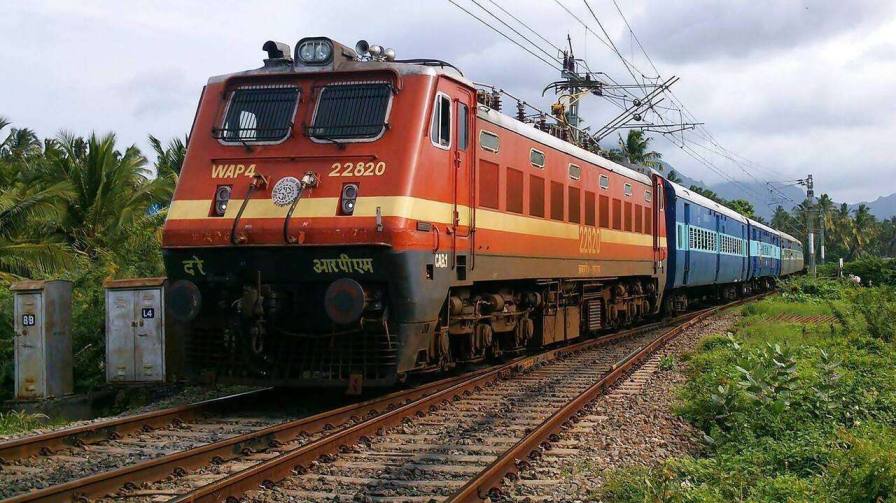NEW DELHI, June 9: The Union government on Wednesday announced that Indian Railways will now be provided with 4G spectrum for communication, thereby replacing the current 2G spectrum, to facilitate faster communication channels.
It also added that the government will be improving the automatic train protection mechanism in India by installing the collision avoidance systems in the trains for the safety of passengers.
“Until now the railways were using optical fibres for communication but now this modern spectrum will bring radio communication to railways and with the help of such setup, real time communication can be established. This will increase safety to a great extent and will transform the railways greatly…,” Union minister Prakash Javadekar said, while briefing the press on the decisions taken at a cabinet meeting chaired by the prime minister Narendra Modi.
Javadekar added that automatic train protection was also being strengthened in Indian railways by the introduction of collision avoiding systems.
“The matter of pride for India is that these collision avoiding systems for railways have been designed by four Indian companies. This is a beautiful brainchild of the Make in India campaign,” he added.
Javadekar said both these decisions are aimed at increasing the safety of passengers and making more trains available. “By speeding up train signalling, more trains will be running on the tracks now,” he said.
Defining a timeline for these projects, Javadekar said all these works would be completed in the next five years. “Ninety-six per cent of total traffic in India runs on these 34,000-kilometre-long railways lines and [this is] where such communication and signalling set up will be installed over the next five years,” he said.
He added that the total expected expenditure on these projects would be around ₹25,000 crore.
Meanwhile, referring to a subsidy scheme for fertiliser companies, Javadekar said the Union government had decided to enhance the production of urea in the country, large quantities of which had to be otherwise imported earlier.
Telangana-based fertiliser manufacturing firm Ramagundam Fertilizers and Chemicals Limited was granted the benefit of this subsidy scheme, which had ceased to exist in 2019. Javadekar said the firm was projected to produce over 1,200,000 metric tons of urea annually.
“This too is a step towards Aatmanirbhar Bharat as this factory will reduce the burden of urea import,” he said, adding the government was looking to establish more such factories through more subsidy schemes.
(Manas Dasgupta)

